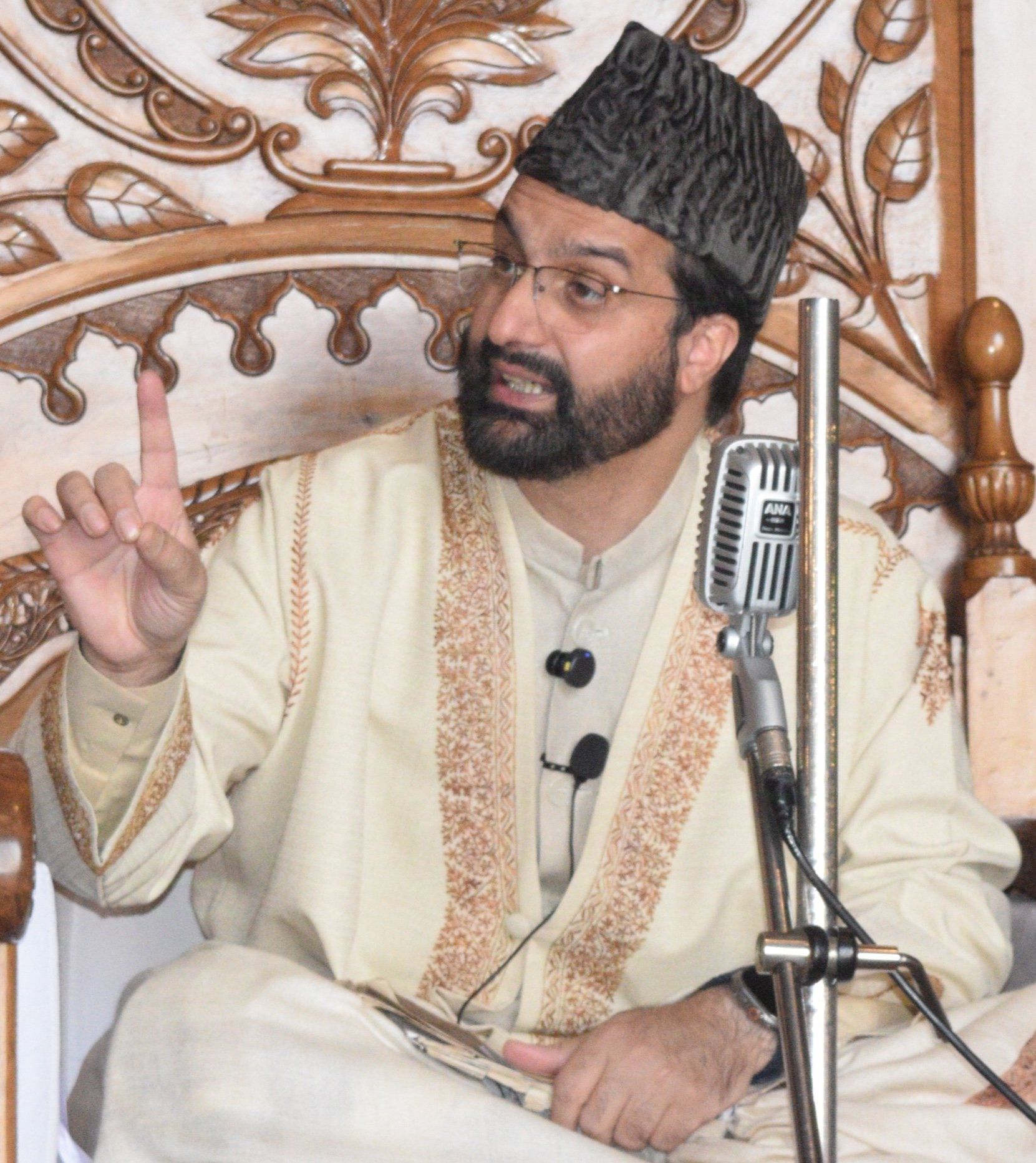Hurriyat chairman Mirwaiz Umar Farooq on Friday called upon the Centre to address the emotional and political disconnect — the “dil ki doori” — between New Delhi and Jammu and Kashmir through dialogue and engagement, asserting that violence or the use of force cannot bring lasting peace or resolution.
Addressing a large gathering during Friday prayers at the historic Jamia Masjid in Srinagar, Mirwaiz welcomed the united and emotional intervention of the three newly elected Members of Parliament from Jammu and Kashmir in the Lok Sabha.
“A few days ago, Parliament debated the India-Pakistan war in the wake of the tragic Pahalgam incident. While several parties discussed the military and political dimensions, only a few MPs — mostly from the opposition — raised the human cost of the conflict and its connection to Jammu and Kashmir,” he said.
Mirwaiz praised MPs Mian Altaf, Engineer Rashid, and Aga Ruhullah for what he called their heartfelt and courageous stand. “They spoke with sincerity and pain about the dispossession and disempowerment of the people of Jammu and Kashmir. It’s encouraging to see them echo the sentiments we have always expressed,” he added.
He said the trio highlighted the “core issues and suffering of the people” at the centre of the conflict, standing united despite political differences. “It is good to see that on such vital matters, all are on the same page,” Mirwaiz noted.
Expressing hope that those in power in New Delhi would seriously consider the concerns raised, he urged for genuine engagement to bridge the growing distance. “If there is a sincere intent to reduce the ‘dil ki doori’, they must heed what these MPs have said,” he emphasized.
Reiterating his long-held stance, Mirwaiz said, “I have always believed that neither war nor violence nor coercion can resolve disputes or lead to peace and prosperity. The people of the subcontinent, especially the poor, deserve better. Dialogue at all levels is not only a more humane approach — it is far more sustainable and economical.”
